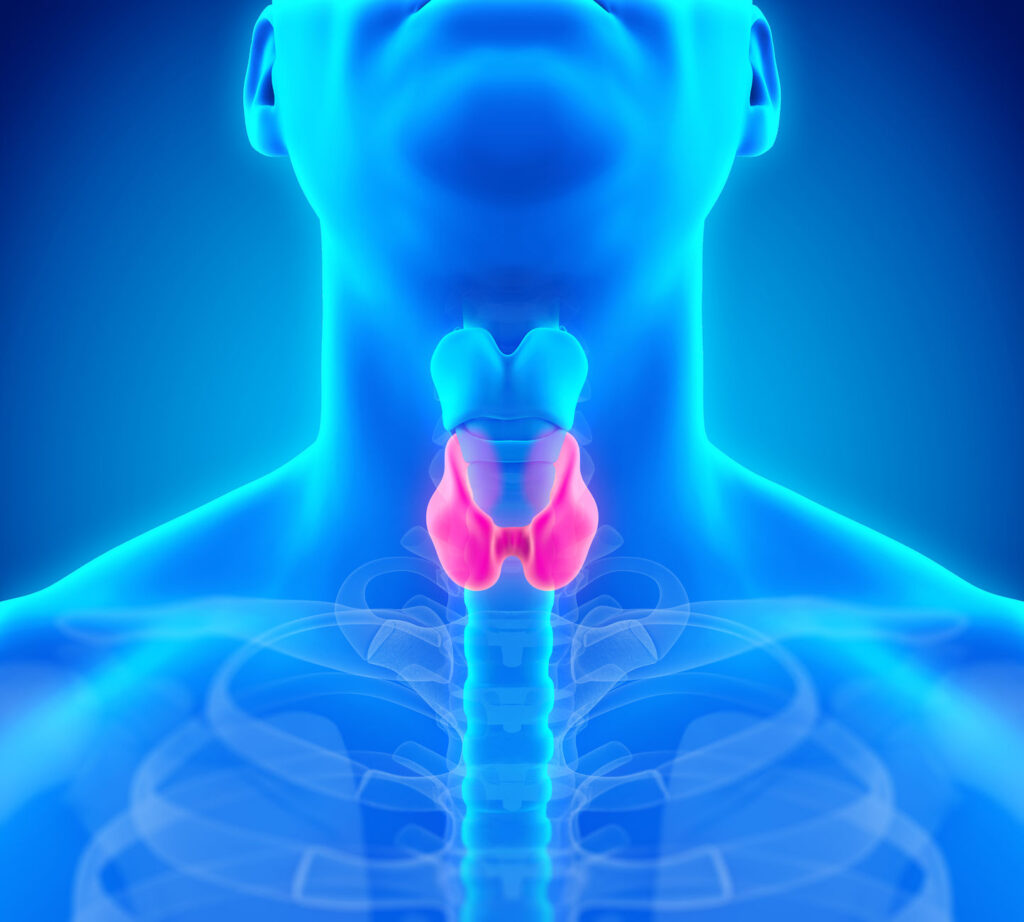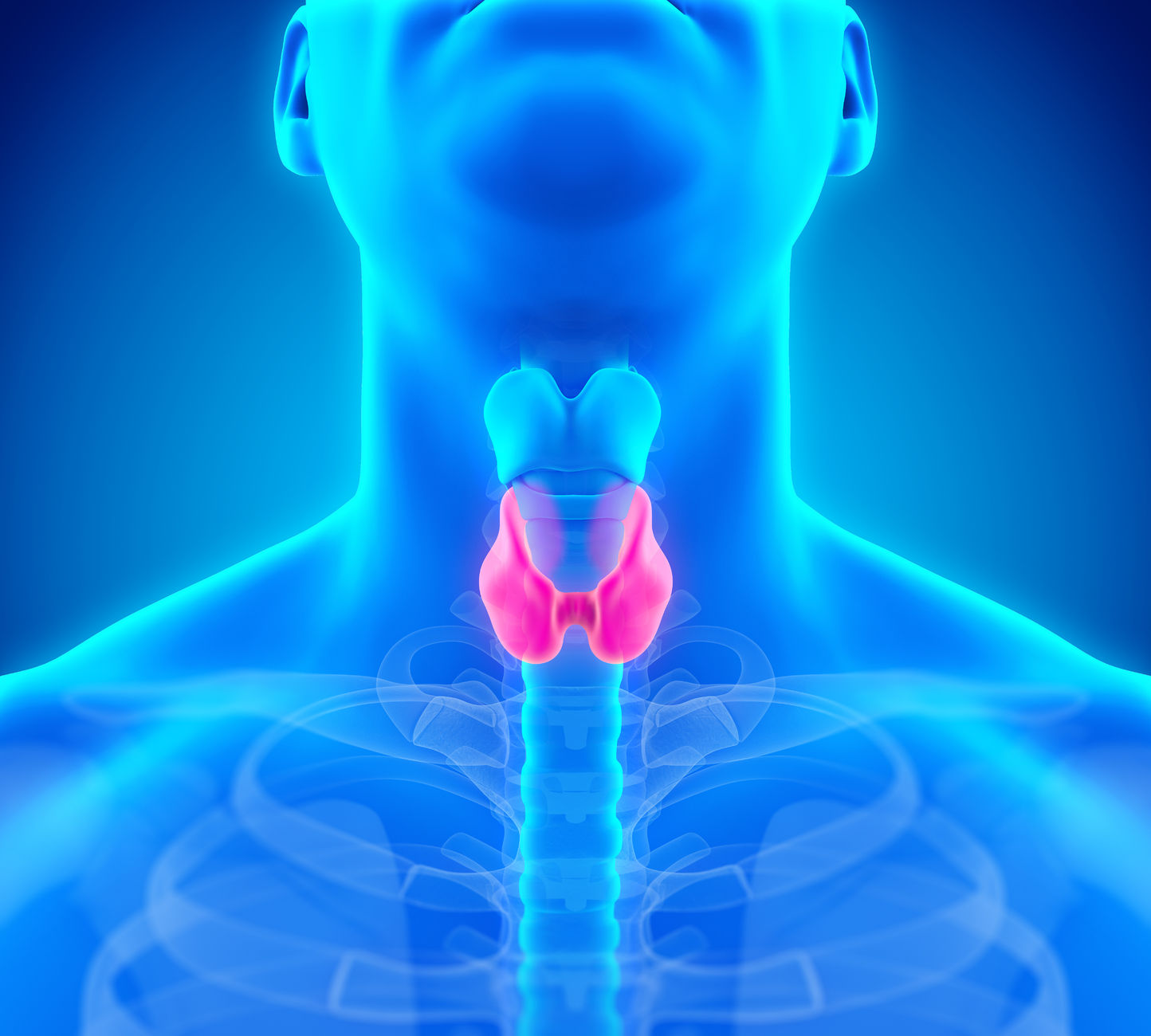What to Do If You Have Hypothyroidism
Introduction
Hypothyroidism is a common endocrine disorder that affects millions of people worldwide. This condition occurs when the thyroid gland does not produce enough thyroid hormones, which play a crucial role in regulating various bodily functions. If left untreated, hypothyroidism can lead to a range of health issues and affect the quality of life. In this article, we will explore what hypothyroidism is, its causes, symptoms, diagnosis, treatment options, and some essential tips for managing the condition effectively.
Understanding Hypothyroidism
What is Hypothyroidism?
Hypothyroidism, also known as an underactive thyroid, is a condition in which the thyroid gland fails to produce sufficient thyroid hormones—triiodothyronine (T3) and thyroxine (T4). These hormones are vital for metabolism, energy production, and overall body functioning.

Causes of Hypothyroidism
Several factors can lead to hypothyroidism, including autoimmune disorders like Hashimoto’s thyroiditis, certain medications, radiation therapy, and congenital conditions. In some cases, lifestyle factors, such as excessive stress and inadequate nutrition, can also contribute to the development of hypothyroidism.
Recognizing the Symptoms
Hypothyroidism presents a wide range of symptoms that can vary from person to person. Here are some common signs to look out for:
Fatigue and Weakness
Feeling tired and lethargic, even after adequate rest, is a hallmark symptom of hypothyroidism. Individuals may experience persistent fatigue and a lack of energy to carry out daily tasks.
Weight Gain
Unexplained weight gain can be a sign of hypothyroidism. The slowed metabolism due to insufficient thyroid hormones can lead to difficulties in managing body weight.
Cold Sensitivity
People with hypothyroidism may feel unusually sensitive to cold temperatures. They may have difficulty staying warm even in mildly chilly environments.
Hair Loss
Thinning hair, dryness, and hair loss are common complaints among those with hypothyroidism. The lack of thyroid hormones can disrupt the hair growth cycle.
Mood Swings and Depression
Hypothyroidism can affect a person’s mood, leading to mood swings, irritability, and feelings of sadness or depression.
Diagnosing Hypothyroidism
If you suspect you have hypothyroidism, it’s essential to seek medical evaluation and diagnosis. Your healthcare provider may conduct the following tests:
Thyroid Function Tests
Blood tests to measure the levels of thyroid-stimulating hormone (TSH), T3, and T4 in the blood can help diagnose hypothyroidism accurately.
Other Diagnostic Procedures
In some cases, additional imaging studies, such as thyroid ultrasound or thyroid scan, may be performed to identify any structural abnormalities.
Treatment Options
Once diagnosed, there are several treatment options available to manage hypothyroidism effectively. The most common approach is synthetic hormone replacement therapy.
Synthetic Hormone Replacement
Synthetic versions of T3 and T4 hormones are prescribed to compensate for the insufficient production by the thyroid gland. Regular monitoring and adjustment of medication dosage are essential for optimal results.
Lifestyle Changes
Incorporating healthy lifestyle habits can significantly impact the management of hypothyroidism. Regular exercise, stress reduction techniques, and adequate sleep can complement medical treatment.
Dietary Considerations
A balanced diet rich in nutrients, especially iodine and selenium, is crucial for supporting thyroid function. Foods like seafood, dairy products, and nuts can be beneficial.
Stress Management
Chronic stress can worsen hypothyroid symptoms. Engaging in relaxation techniques, such as yoga and meditation, can help manage stress levels.
Natural Remedies and Supplements
While medical treatment is essential, some individuals may also explore natural remedies and supplements to support thyroid health.
Iodine Supplements
Iodine is an essential component of thyroid hormones. However, it’s important to consult a healthcare professional before taking iodine supplements, as excessive intake can be harmful.
Selenium Supplements
Selenium is known to have antioxidant properties and may support thyroid function. Adequate selenium levels can help convert T4 to the active T3 hormone.
Omega-3 Fatty Acids
Omega-3 fatty acids possess anti-inflammatory properties and may reduce inflammation associated with thyroid disorders.
Ashwagandha
Ashwagandha is an adaptogenic herb that may help reduce stress and support overall thyroid health.
Managing Hypothyroidism with Exercise
Regular physical activity can benefit individuals with hypothyroidism by boosting metabolism, improving mood, and increasing energy levels.
Low-Impact Exercises
Low-impact exercises like walking, swimming, and cycling are gentle on the joints and can be suitable for individuals with fatigue or joint pain.
Yoga and Meditation
Yoga and meditation are excellent practices to reduce stress, promote relaxation, and improve overall well-being.
The Importance of Sleep
Adequate sleep is crucial for thyroid health and overall well-being. Establishing a consistent sleep routine can significantly impact energy levels and mood.
Hypothyroidism and Pregnancy
Pregnant women with hypothyroidism should be closely monitored by healthcare professionals. Proper management is vital to ensure a healthy pregnancy and baby.
Dealing with Hypothyroidism in Children
Children with hypothyroidism may experience delays in growth and development. Early detection and treatment are essential for optimal outcomes.
Tips for Coping with Hypothyroidism
Educate Yourself about the Condition
Understanding hypothyroidism and its management can empower individuals to take an active role in their health.
Build a Support Network
Seeking support from friends, family, or online communities can be beneficial for sharing experiences and coping strategies.
Keep Stress at Bay
Stress can exacerbate hypothyroid symptoms. Engage in relaxation techniques and stress-reducing activities.
Conclusion
Hypothyroidism is a common condition that requires proper management to maintain overall well-being. With the right medical treatment, lifestyle changes, and natural remedies, individuals can lead fulfilling lives despite having hypothyroidism. Remember to consult a healthcare professional for personalized advice and treatment options.
Frequently Asked Questions (FAQs)
- Can hypothyroidism be cured completely?
- While hypothyroidism is usually a lifelong condition, it can be effectively managed with proper medical treatment and lifestyle changes.
- Is hypothyroidism a hereditary condition?
- Yes, in some cases, hypothyroidism can have a genetic component and may run in families.
- Can I manage hypothyroidism with diet alone?
- Diet plays a supportive role in managing hypothyroidism, but medical treatment and hormone replacement therapy are usually necessary.
- How often should I get my thyroid levels checked?
- The frequency of thyroid level checks may vary based on individual health and treatment plans. It’s best to follow your healthcare provider’s recommendations.
- Are there any specific foods to avoid with hypothyroidism?
- Certain foods, like those high in goitrogens (e.g., broccoli, cabbage, and soy products), may interfere with thyroid function. Moderation is key
